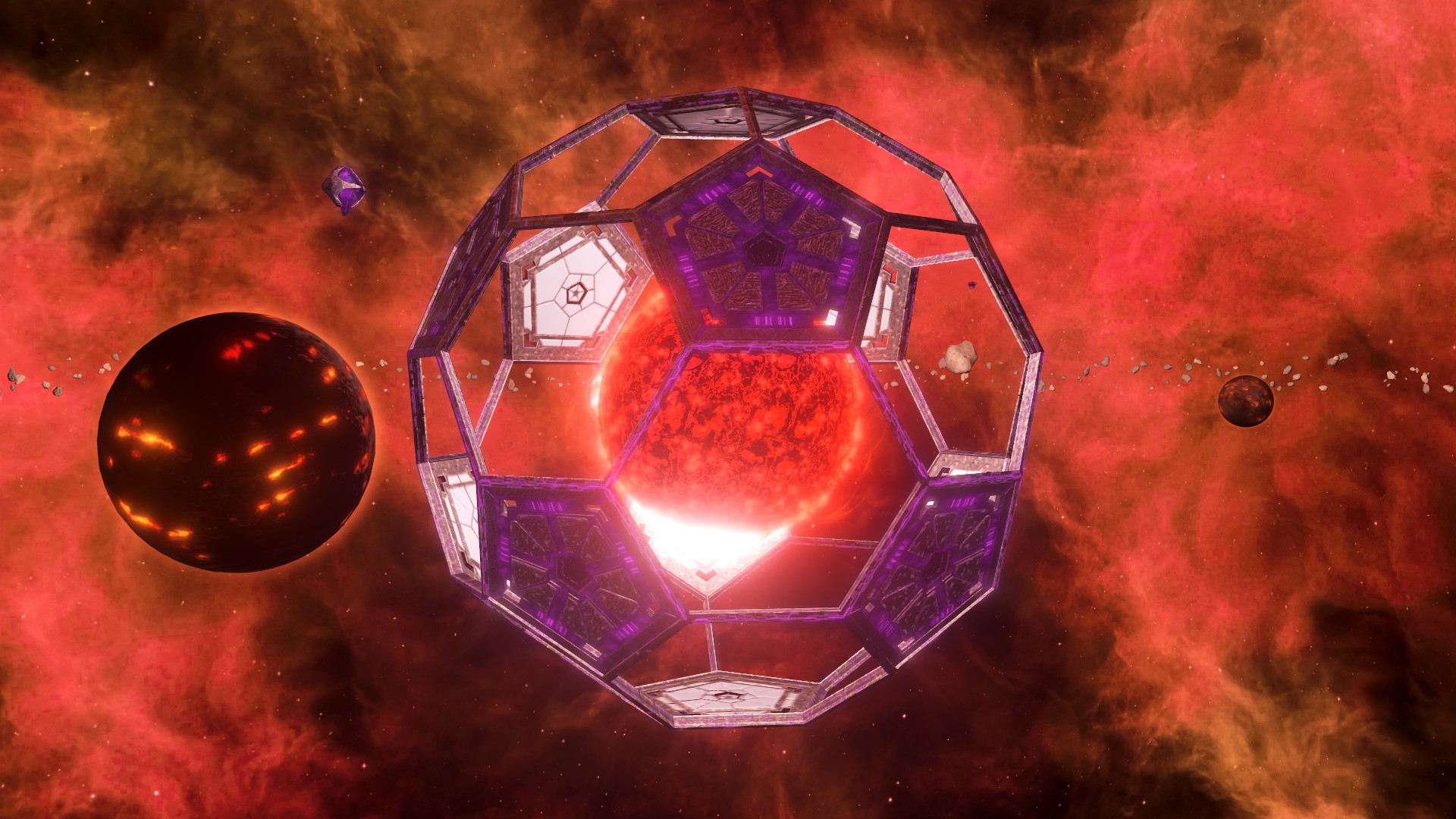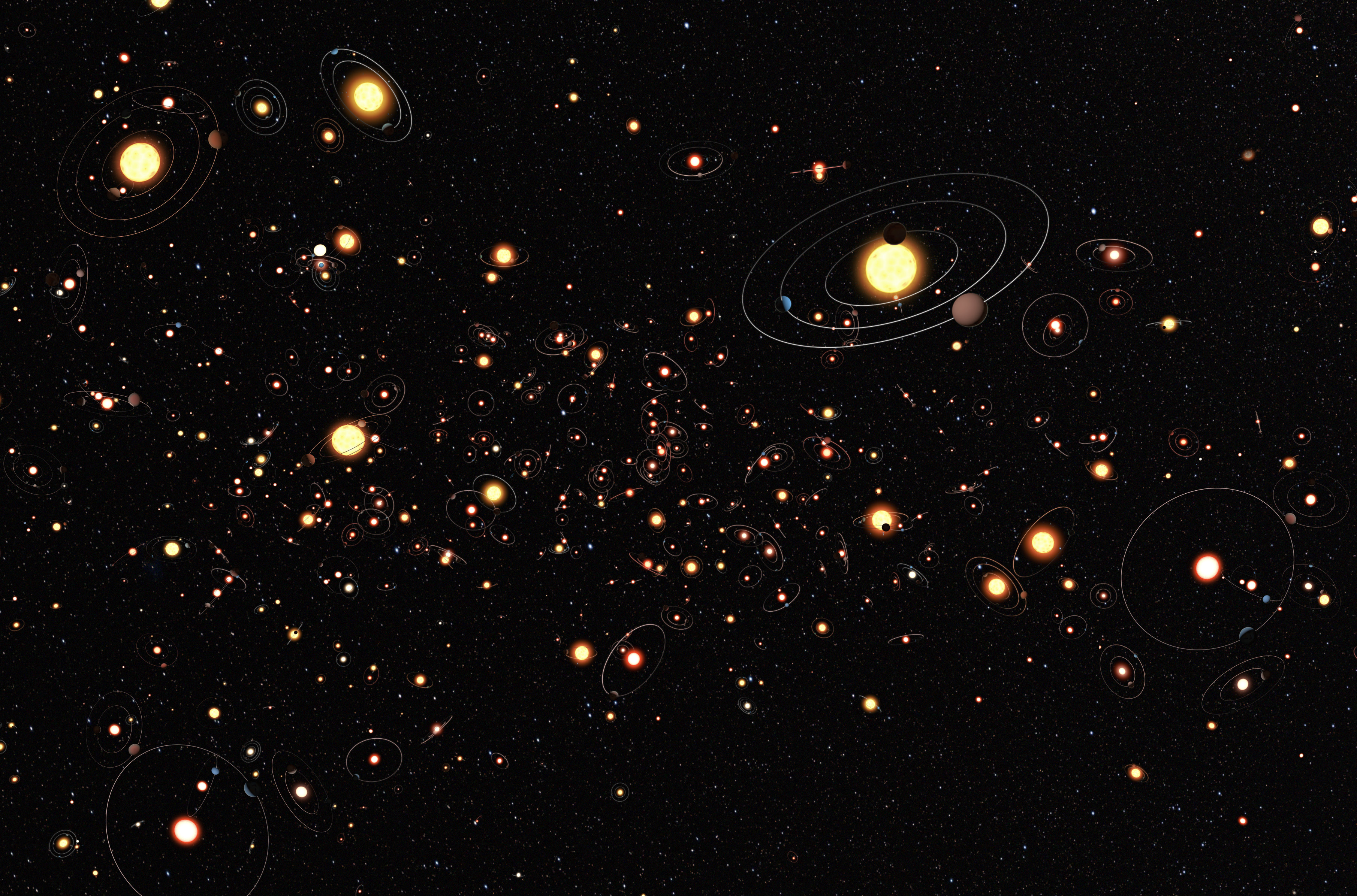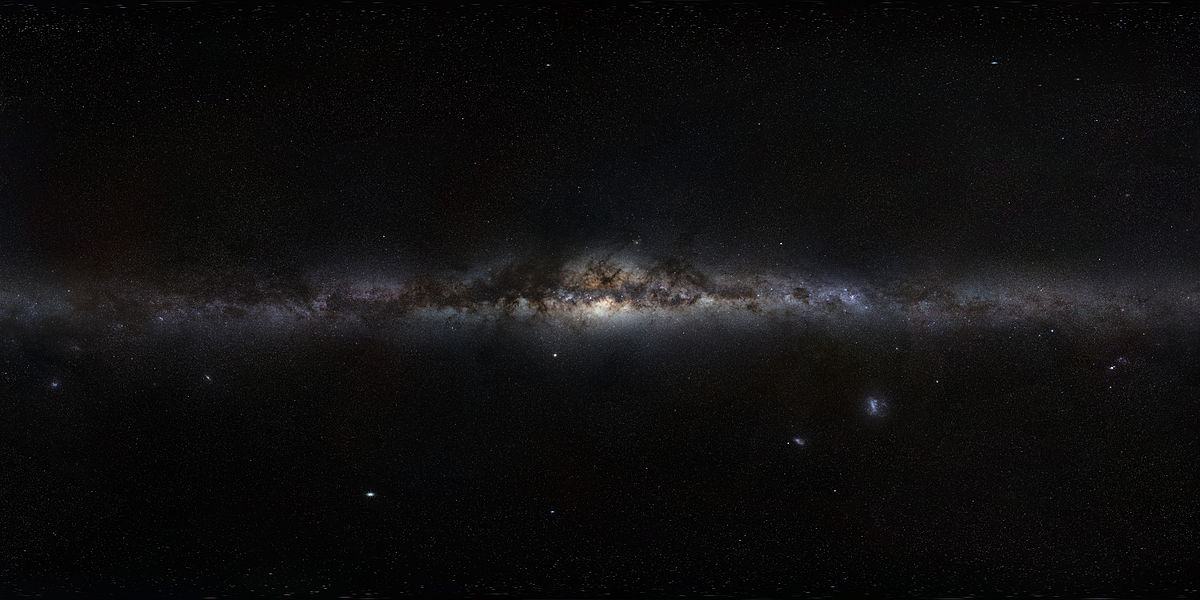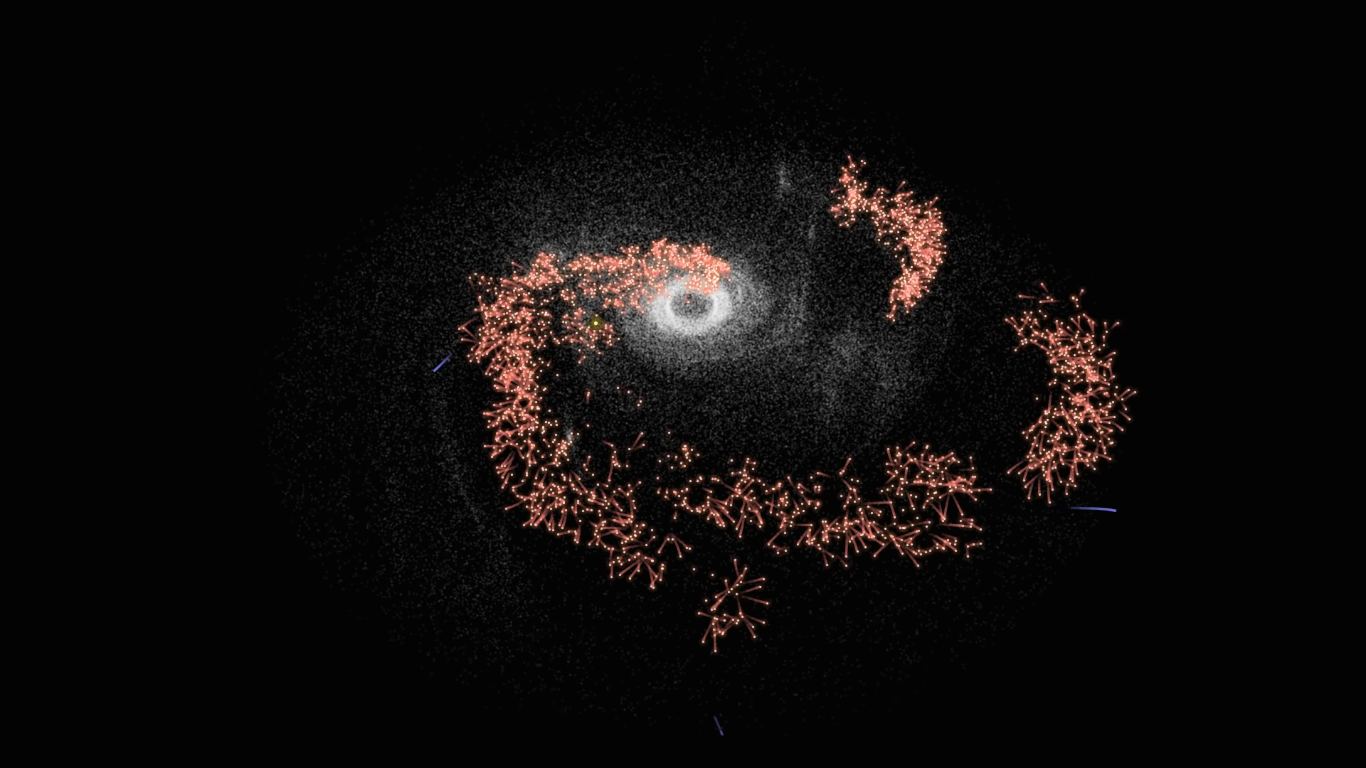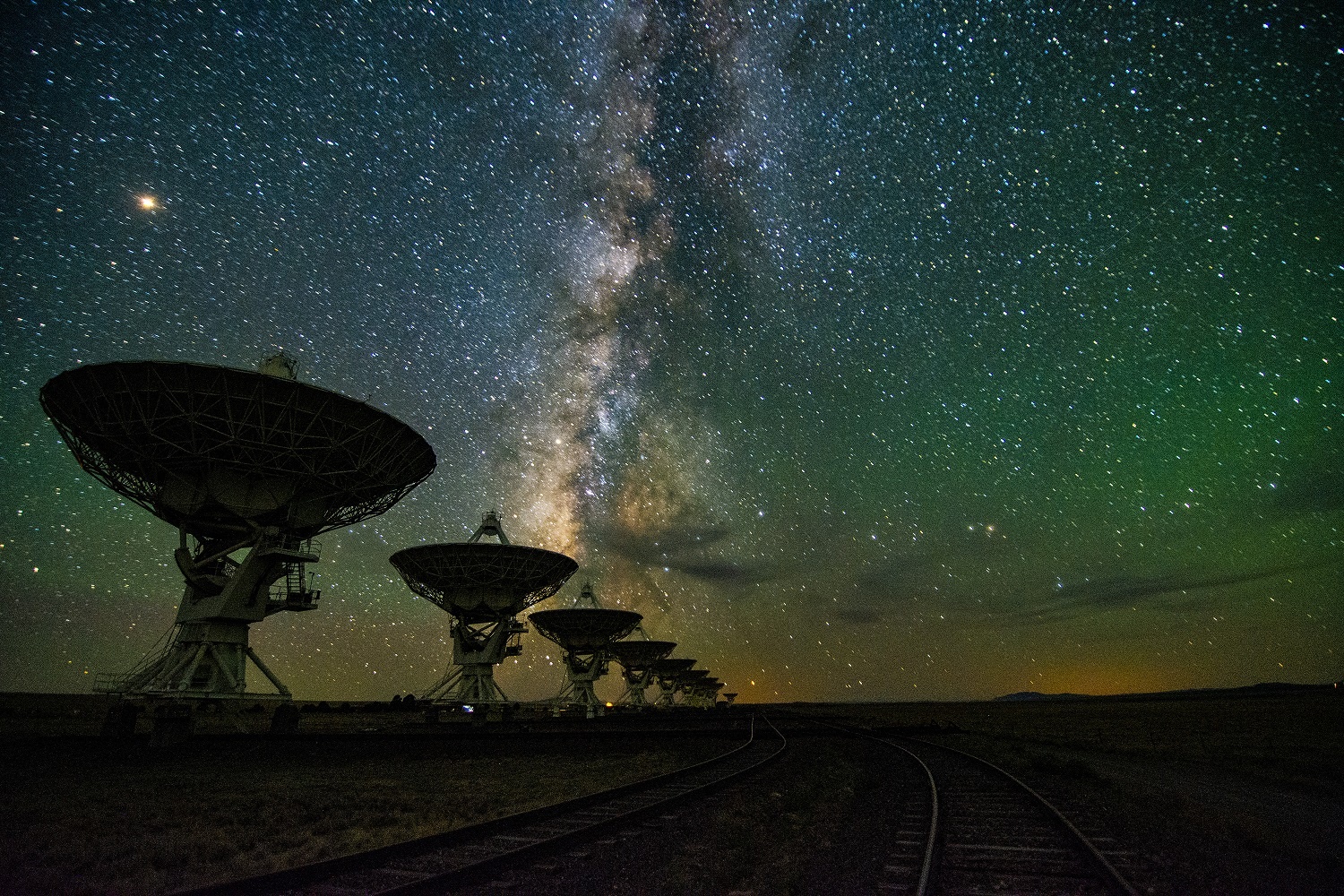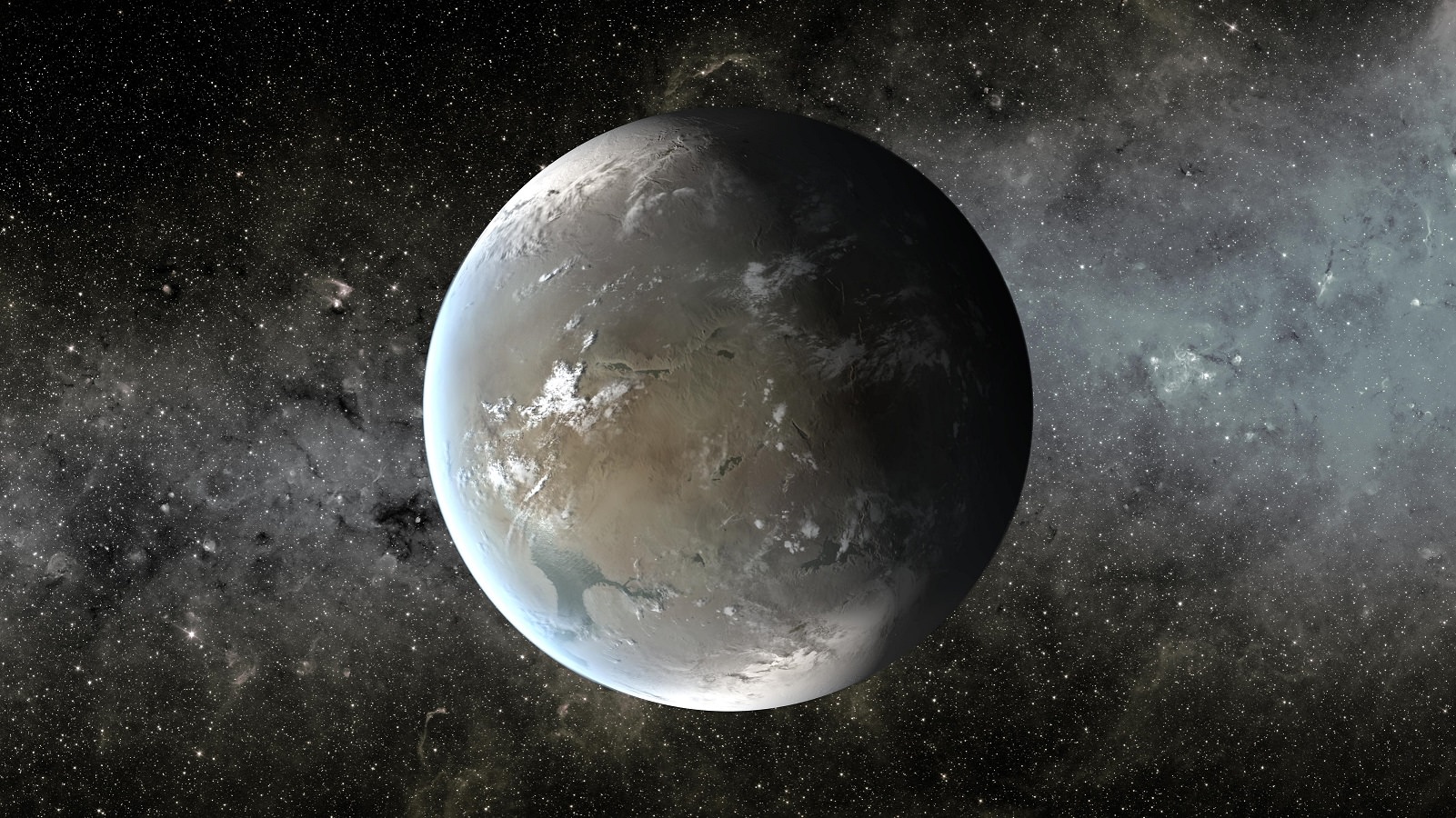Welcome back to our Fermi Paradox series, where we take a look at possible resolutions to Enrico Fermi’s famous question, “Where Is Everybody?” Today, we examine the possibility that there is something in the Universe that prevents life from reaching the point where we would be able to hear from it.
In 1950, Italian-American physicist Enrico Fermi sat down to lunch with some of his colleagues at the Los Alamos National Laboratory, where he had worked five years prior as part of the Manhattan Project. According to various accounts, the conversation turned to aliens and the recent spate of UFOs. Into this, Fermi issued a statement that would go down in the annals of history: “Where is everybody?“
This became the basis of the Fermi Paradox, which refers to the high probability estimates for the existence of extraterrestrial intelligence (ETI) and the apparent lack of evidence. Seventy years later, we still haven’t answered that question, which has led to many theories as to why the “Great Silence” endures. A popular one is that there must be “Great Filter” that prevents life from reaching an advanced stage of development.
Continue reading “Beyond “Fermi’s Paradox” III: What is the Great Filter?”


